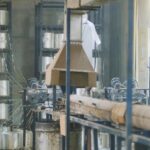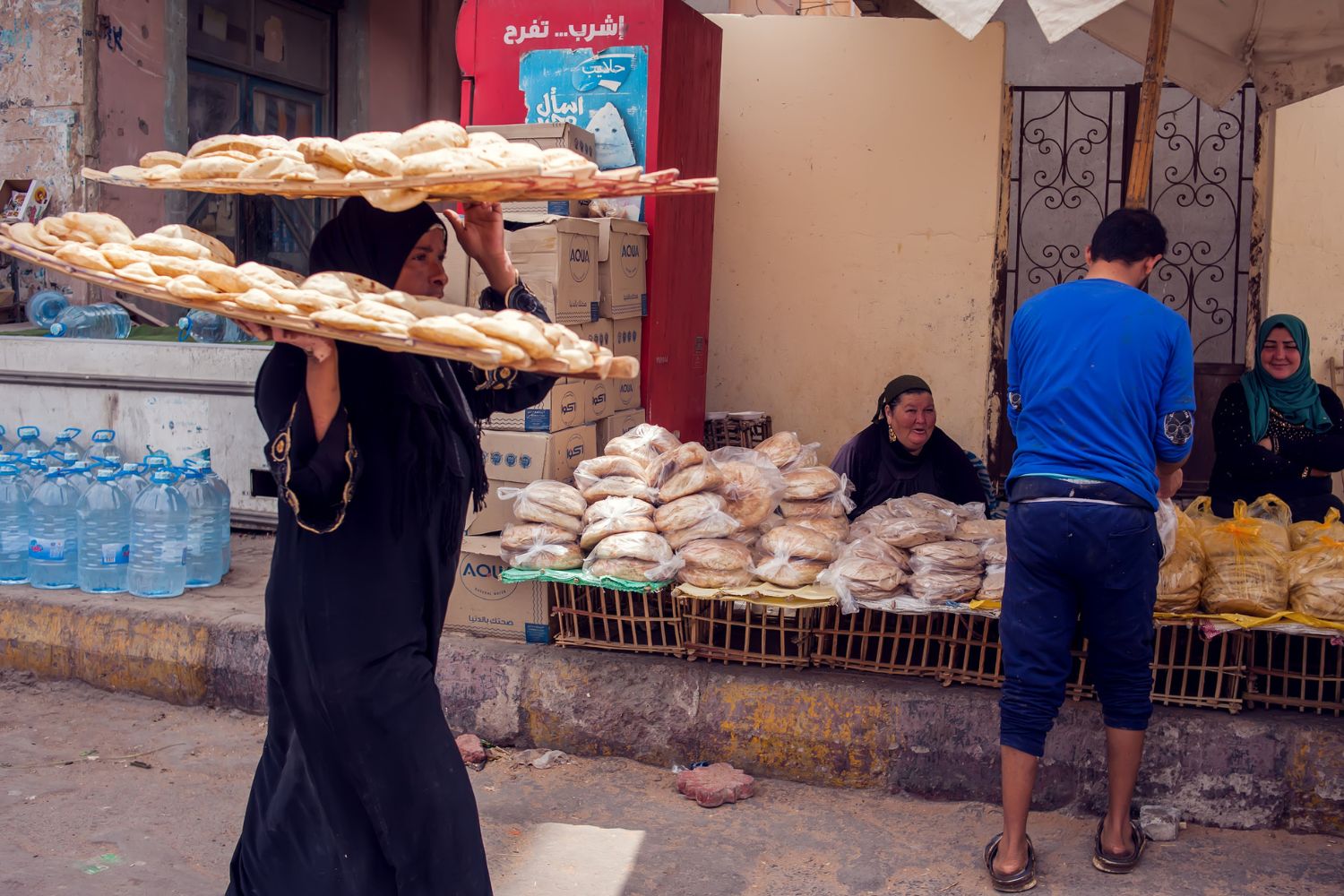Saudi Arabia, the world’s second-largest producer of dates, faces significant challenges in its fruit market due to the persistent threat of fruit flies. These pests, including the Mediterranean fruit fly, the olive fruit fly, and the destructive red palm weevil, pose serious risks to the Kingdom’s extensive plant and fruit supply. The warm weather in Saudi Arabia creates ideal conditions for these Tephritidae fruit flies, exacerbating the region’s susceptibility to infestations.
Annually, Saudi Arabia produces approximately 1.6 million tonnes of dates. However, the US$2.4 billion date industry suffers substantial losses, averaging Saudi Riyal 26 million each year, primarily due to infestations by the red palm weevil, as reported by research from Topian, Neom’s food company. Topian is a company that works to future-proof food systems to benefit countries affected by climate change, using science and technology to create a more sustainable and resilient food system.
Neom is an urban area being constructed by Saudi Arabia in Tabuk. It was initiated in 2017 by Crown Prince Mohammad bin Salman. The site is located at the northern tip of the Red Sea, directly east of Egypt across the Gulf of Aqaba and south of Jordan. Unfortunately, the use of pesticides has not fully mitigated these challenges and has introduced additional complexities for the Kingdom’s fruit industry.
Consuming fruits and vegetables is essential for a balanced diet, yet improper washing or contamination can pose health risks. Common issues include foodborne illnesses caused by pathogens such as salmonella, Escherichia coli (E. coli), or listeria bacteria. Symptoms range from diarrhea and nausea to abdominal cramps and fever, as highlighted by Dr. Basem Al-Bahrani, an emergency medicine consultant at Johns Hopkins Aramco Healthcare.
Furthermore, ingestion of pesticide residues can lead to serious health consequences, including hormonal imbalances, nervous system disorders, and an increased risk of cancer. Recognizing the economic and health impacts, Saudi scientists have developed innovative technologies to combat the red palm weevil, which threatens the Kingdom’s 36 million palm trees. At the recent launch of the Saudi Agrifood Tech Alliance in Riyadh, Andrew Yip, head of innovation at Topian, unveiled a breakthrough collaboration with AK-Sens, a startup from King Abdullah University of Science and Technology.
They introduced optical fiber sensing technology capable of detecting early-stage insect infestations in thousands of trees in less than an hour. Initial trials of this technology at NEOM demonstrated promising results. Testing on a thousand trees achieved an impressive 96.3 percent accuracy with a two-thirds reduction in setup time compared to previous methods. While initially targeting palm trees and red palm weevils, this sensing technology holds potential to enhance overall efficiency and sustainability in the agrifood sector nationwide.
As temperatures and humidity levels rise during the summer season, Saudi farmers and producers implement rigorous sanitation, inspection, and clearance procedures to prevent large-scale infestations. The Ministry of Environment, Water, and Agriculture monitors farming practices closely, ensuring compliance with stringent regulations under the Pesticide Law of the Gulf Cooperation Council. These regulations mandate the responsible formulation, usage, marketing, storage, and handling of pesticides to mitigate environmental risks and safeguard human health.
Certification processes confirm that crops are free from harmful pesticide residues, certifying them as safe for human consumption. While organic pesticides have gained traction in Saudi Arabia for their efficacy and minimal impact on plant health compared to chemical alternatives, challenges persist. The Kingdom continues to grapple with an annual agricultural loss of approximately Saudi Riyal 1 billion, highlighting the ongoing need to further develop sustainable pest management strategies and prevent widespread health issues.
Saudi Arabia’s agricultural sector faces formidable challenges from pests like fruit flies and the red palm weevil, exacerbated by environmental conditions and pesticide use. However, through technological innovation, stringent regulations, and a commitment to sustainability, the Kingdom is poised to strengthen its agricultural resilience and ensure food security for its population.
ALSO READ: Climate change poses challenges and opportunities for Hong Kong’s chocolate industry













